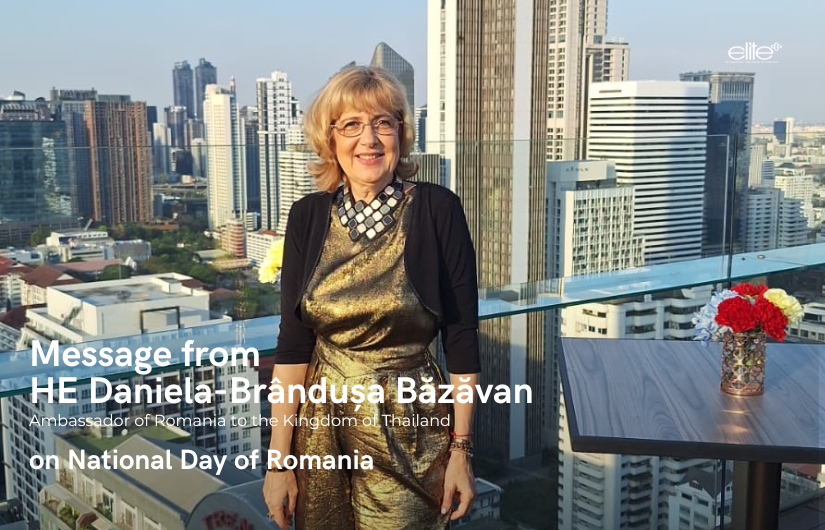What can regional publishers expect from the International Publishers Association (IPA) congress in Bangkok? Richard Charkin, executive director of Bloomsbury Publishing and future president of the IPA, highlights recent industry developments and possibilities in the region and beyond. Responsible for Bloomsbury’s adult publishing activities around the world and an active promoter of international publishing, he is a veritable authority on the industry. Currently an executive committee member of the IPA, a non-profit trade organization active since 1896, he will take over from Youngsuk “YS” Chi as IPA president at the start of 2015.
In an interview with Elite+, he shares his insights on the industry and the forthcoming congress, which will be held with support of the Bangkok Metropolitan Administration and the Publishers and Booksellers Association of Thailand from March 24 to 26, 2015
E+: What is your perspective on the content industry in Asia?
RC: The publishing industry encompasses many different formats, interests, markets, business models and strategies but it is held together by one objective, to tell the stories of great minds, and one enabler, copyright. The International Publishers Association represents book and journal publishers’ associations from around the world. Its members are responsible for a vast array of types of publication – for children, school teachers, scientists, novelists, lawyers, businesspeople, naturalists, doctors, English-speakers, non- English speakers, in many languages,in print and in digital formats.
Traditionally, the centres ofthe publishing industry have been in Western Europe and North America but this is changing rapidly as the Asia and Asia-Pacific regionsdevelop their own markets and publishing expertise and professionalism. Initially the industry has been served by high-quality and cost-effectiveprint manufacturing. Now we are seeing digital platforms and text processing systems, and important national Asian publishing of the highest quality serving both loca lmarkets and potentially global ones.
These new publishers in Asia need to be encouraged to operate as independent commercial organizationsin order to grow and thrive. There are great stories from Asia that are waiting to be shared with readers around the world.
E+: What new business models ideally and practically, would you like to see implemented in the AEC and throughout Asia, and what factors will have an impact?
RC: I would like to see many new business models – digital knowledge hubs, open access journals, site-licence subscription models, direct-to-consumer initiatives, digital book clubs, greater muscle for reproductive rights organizations and many others. What we don’t want to see is the monopolization of any distribution channels. Diversity and competition are the drivers of successful publishing.
E+: Many big and successful multinational corporations such as Amazon, Google, Apple, Microsoft and others play large roles in the digital content business. Does the IPA have any advice on how members can work with these large companies?
RC: Neither I nor the IPA can give advice on specifics. Technology companies offer huge opportunities for the publishing industry. They also require publishers to think hard about their core strengths and contribution to the publishing process, but neither we nor they should ever forget the crucial importance of writers and the need to nourish and protect them. Technology can deliver content but writers create it.




























































































































































































































































































































































































































































































































































































































































































































































































































































































































